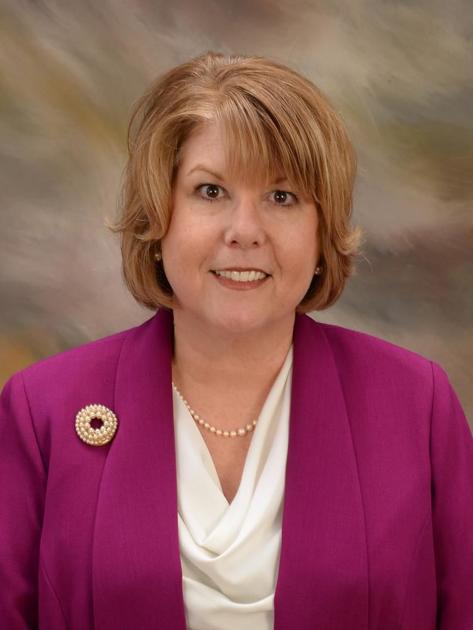[ad_1]
In last month’s Forward Thinking column, I wrote about elder abuse from the perspective of how to spot signs of physical and emotional abuse as well as passive or willful neglect. Today’s topic is about financial elder abuse and how to prevent it.
In May, Kiplinger’s Personal Finance magazine reported on the Federal Seniors Safety Act and its impact on the financial abuse of seniors. Adopted in 2018, it allows banks, credit unions, investment advisers and brokers to report suspected fraud to law enforcement without fear of prosecution. The law also requires training of staff to detect financial abuse and fraud by these institutions in order to qualify for liability protection.
The good news is, it seems to be working.
“In 2020, more than 36,000 reports of suspected financial abuse against the elderly were filed by depository institutions with the Financial Crimes Enforcement Network, an increase of 49% from 2018,†the article said. It also included this revealing statistic from the Consumer Financial Protection Bureau: The loss when a stranger was involved averaged $ 17,000. It rose to $ 50,000 when the victim got to know the suspect.
The AARP, the National Council on Elder Abuse, and other sources all agree that the same red flags that bank workers are trained to notice can also help family members protect loved ones. These include:
• Unusual changes in bank account or money handling, including checks written to strangers and ATM withdrawals at irregular times
• Unusual or sudden changes to a will or other financial documents; newly drawn up financial documents that you or your loved one do not understand
• Fraudulent signatures on financial documents
• Unpaid bills
Consumer Reports shares three additional steps you can take to protect yourself or a loved one.
First of all, no matter how difficult it is, start talking. If you have an elderly parent, especially a single parent or one with cognitive challenges, check to see if they are managing their personal finances. Ask if strangers or new friends have asked about their financial situation or offered to help them.
If you need help personally, contact a trusted family member, banker, or financial advisor for help paying bills and reviewing financial statements. If you’re uncomfortable with the advice you receive or the action taken, get a second opinion and a pair of eyes.
Second, do you and / or your parents have essential legal documents in place for future protection? These include Wills, Financial Power of Attorneys and Durable Health Care and HIPPAA Release Forms. All of them are essential in case you or someone you love cannot make important decisions in life. However, think carefully about who will put your best interests ahead of their own, even if that means stirring the pot a bit. You can also have more than one person as a proxy.
After years of nudging by our financial advisor, my husband and I finally updated our documents a few months ago. We used recommended software to perform the updates, then the documents were certified and notarized. It was so easy I was mad at myself for not doing it sooner.
Third, if you or your loved one has multiple credit, bank, and other accounts, consider consolidating them (being careful not to take any actions that could result in taxes or penalties). Simplifying accounts makes it easier to keep track of anything unusual.
I’ll close with a few more tips from AARP:
• Stay in touch with loved ones through regular phone calls, visits or emails.
• Where appropriate, develop a relationship with your parent’s caregiver. They are less likely to be financially exploitative if someone is careful. (This also applies to other forms of elder abuse.)
• Become a “trusted contact†to monitor bank account and brokerage activity.
• Set up direct deposit for checks so others don’t have to cash them and direct payments for invoices to ensure delivery.
If you suspect elder abuse of any kind, contact your local police department, sheriff’s office, or Tennessee Adult Protective Services at 888-APS-TENN (888-277-8366) . The National Center on Elder Abuse offers other ways to get help by calling 1-800-677-1116. Other resources include the FiftyForward Victory Over Crime Program, 615-743-3417, and the Mid-Cumberland Human Resource Agency Ombudsman Program, 615-850-3918.
Next month I promise something lighter!
Susan Leathers is a Brentwood-based journalist with a keen interest in aging issues. Send suggestions for future columns to [email protected]. This monthly column is sponsored by The Heritage at Brentwood. For more information call 615-507-2686 or visit www.theheritagelcs.com.
[ad_2]

